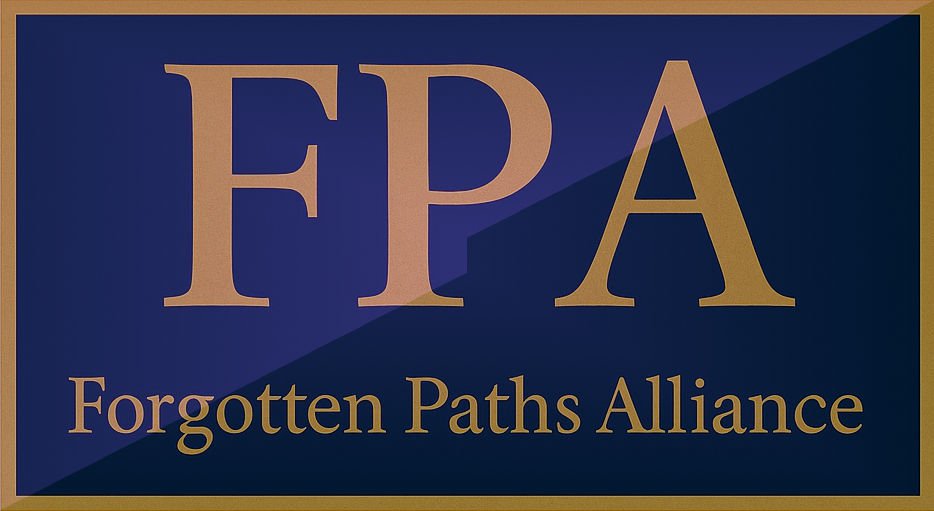Parents and caregivers making decisions on mental health support for children have one of the hardest choices to make: should I send them for individual therapy for children or group therapy? The former has some special benefits, while the latter will depend upon what the child needs. Thus, here, we have analyzed the differences between these types and their benefits in order to support you with this decision.
Understanding Individual Therapy for Children
Individual therapy for children is seen as one-to-one sessions where a licensed therapist only works with the child. In such a private setting, confidentiality and trust are engendered so that kids will share their feelings, experiences, and struggles without the risk of judgment or comparison.
Personalized Benefits of Individual Therapy for Children Personalized Attention:
Individual therapy allows for a way of treatment based on a specific child’s needs. That is to say, it is possible for each therapist to vary their methods based on the child’s personality, cognitive level, and feelings.
Confidential Setting for Vulnerability.
Most children are more comfortable opening up their thoughts and feelings if assured of a discreet setting. This would benefit most especially anxiety-ridden youngsters with trauma, social phobias, among others.
Focused Skill Development:
Therapists can focus on building skills that are particularly helpful to the child, such as emotional regulation, coping strategies, or communication techniques.
Parent Involvement:
In individual therapy, parents typically have opportunities to be involved in the process, receive guidance, and reinforce therapeutic techniques at home.

Exploring Group Therapy for Children
In group therapy, several children with similar issues meet together under the guidance of a trained therapist. This environment focuses on peer interaction and collective problem-solving.
Key Benefits of Group Therapy
Social Skills Development:
Group therapy helps children learn how to interact, cooperate, and empathize with peers. It’s particularly useful for children struggling with social anxiety or interpersonal conflicts.
Sense of Belonging:
This makes them feel they are not the only ones having the problem, which can be quite comforting. Sharing other people’s stories also brings in a community sense and takes away feelings of loneliness.
Observational Learning
The child observes others on how to cope with other challenges. He learns to experiment and view other issues.
Affordable Therapy
It is usually less expensive compared to private therapy, so many families get the chance.
Comparing Individual and Group Therapy
Deciding between individual therapy for kids and group therapy requires consideration of several factors:
1. Nature of the Child’s Issue
Individual Therapy: Suitable for deeply emotional issues, trauma, or when the child needs privacy.
Group Therapy: Suitable for social challenges, such as making friends or managing group dynamics.
2. Child’s Personality
Individual Therapy: Shy or introverted children often do well in one-on-one settings.
Group Therapy: Extraverted children or children who need support from other peers will profit more from interactions with groups.
3. Therapeutic Objectives
Individual Therapy: Useful for individual, in-depth skills-building.
Group Therapy: Excellent for community building and mutual learning
4. Parental Resources:
Families with meager financial capabilities might prefer group therapy as being cheaper, while families desiring highly personalized help for the children would pay a premium for individual therapy.
Can Both Therapies Be Combined?
Absolutely! For some children, a blend of individual therapy for kids and group sessions provides the best results. For example, a child in need of gaining control of anxious behaviors can benefit from individualized sessions to master coping techniques and be placed in a group therapy session to perfect these skills with others.
How to Choose the Right Therapist or Program
When deciding between individual therapy for kids and group therapy, first consider the following:
Credentials and Experience:
Find experienced license therapists who have a history of working with children. Check their background if they have experience in the issues your child is encountering.
Child’s Preference:
Involve your child in a selection process. Understand the comfort level with either group or individual settings.
Trial and Adaptation:
It is really alright to try one approach first and then switch if it does not seem to be a good fit. Flexibility is key to finding the most effective solution.
Role of parents in therapy
No matter what, whether individual or group therapy is chosen for a child, it is crucial to involve parents in the therapy process. They need to engage with the therapist, ask questions, and create a supportive environment at home to reinforce the lessons learned during the therapy sessions.
Conclusion: Which Is Best?
There is no one-size-fits-all answer to the question of whether individual therapy for kids or group therapy is better. Both have unique strengths that cater to different needs. Understanding your child’s personality, challenges, and goals will guide you toward the right choice. With the right therapy and support, children can overcome obstacles, build resilience, and thrive.





Leave a Reply